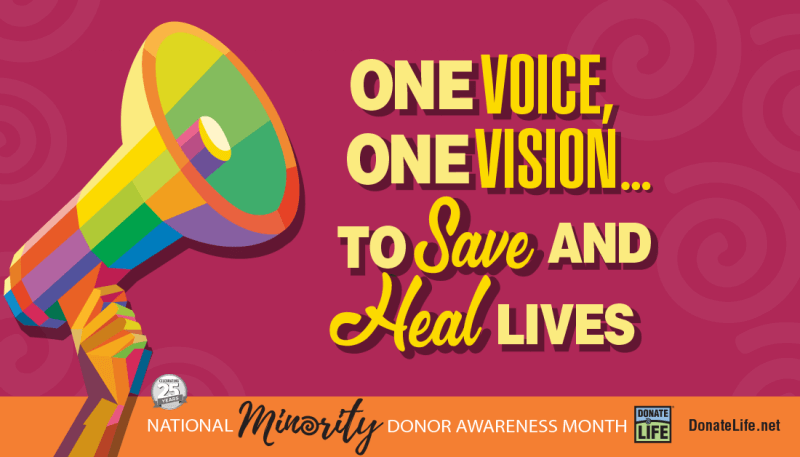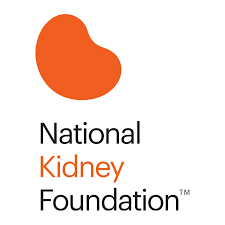“Certain at-risk groups need to consider extra protection now.”
What’s the Current Booster Landscape?
“Several studies offer preliminary evidence on the benefits of boosters, especially for certain populations. A recent French study in JAMA showed that about 50% of 159 kidney transplant patients with low or no measurable antibodies after two doses of an mRNA vaccine mounted a response with a third shot, and with no serious side effects or rejection episodes. A study in the Annals of Internal Medicine also showed the benefits of a third dose in solid organ transplant patients. Pfizer data (that has not yet been peer reviewed) show antibody levels rise 11-fold in patients ages 65 to 75 after a booster.
Around the world, some countries and localities have gotten an early start on boosting. Boosters are being offered to patients over 60 years old in Israel. France is giving a booster dose to the severely immunocompromised 4 weeks after the second dose, and Hungary, Turkey, Thailand, Bahrain, and the United Arab Emirates are starting booster programs. The Mississippi Health Department is now recommending physicians consider boosters for the immunocompromised.”
Read more, here.








